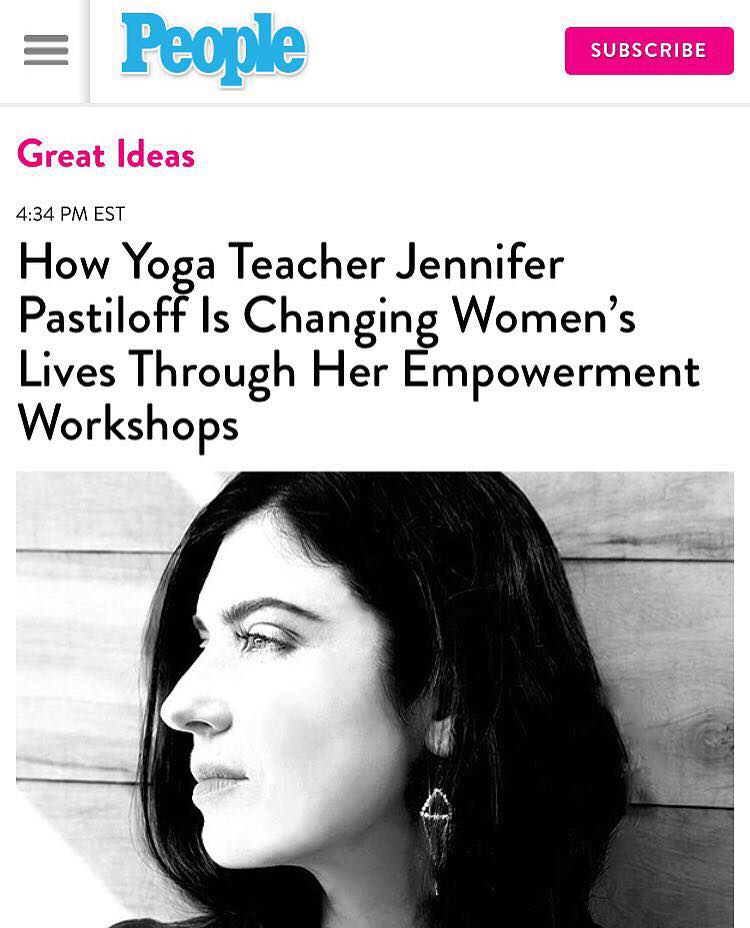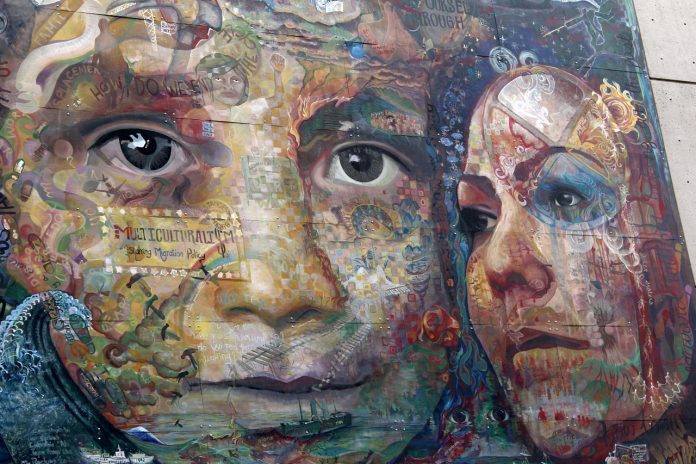By Emma Burcart
My earliest childhood memory is a lesson about race. My dad was going to the local YMCA to work out and I wanted to go with him. As a young child, I had been a swimmer. It’s not something I remember, but I’ve seen enough pictures to prove it: the bikini on the field trip to the fire station, the one piece worn over tights and a turtle neck in cold weather. I wanted to swim and my dad knew how much. When he told me I couldn’t go, it didn’t make any sense. He said we’d have to go with my mother; she could explain our connection. He told me that people wouldn’t believe he was my dad because he was Black and I was white.
Before that day I knew about race; I wasn’t blind. I saw that my dad and grandparents were a different color than my mother and me. It didn’t matter that we weren’t related by blood; there were enough step-parents and blended families that my situation wasn’t unimaginable. What I didn’t understand was the importance of race in the world outside of my family.
Years later, when adoption became mainstream and even celebrities were picking up babies from around the globe like souvenirs, I still got funny looks at the mention of my dad. I tried to make it into a joke. “What, Angelina, Madonna, and Sandra Bullock could have Black children, but a Black man can’t have a white daughter?” I’d smile and wait for the laughter that never came. Because I was the only one who didn’t get it. The answer was so close it was out of focus: Yes, that’s exactly how it is.
***
Today, White Privilege is something that we are beginning to talk about. People are starting to pay attention, to notice how much easier life is for those of us with pale skin, how much power that lack of melanin brings. As the opposition and anger toward the Black Lives Matter movement show us, the beginning is really where we are.
It’s a hard thing to admit we have an advantage we didn’t ask for. To question ourselves and our lives and deal with the guilt. We want to be good people. We want everyone to matter. We want to focus on love. So we bury the guilt under the fear and ignore the privilege we have because of our skin. I get it, really I do. It’s easier to live with the blinders on. Why can’t we all just get along?
***
The recent focus on race in the media is making me think about my family again. About the way the world relates to us and how telling that is about power and privilege. Maybe if I’d grown up with a white dad, white brothers and grandparents, I’d ignore my privilege too. I didn’t have a choice, my whiteness always present and highlighted. Always getting me a seat at the table, into the honors classes, preventing trouble before it started. Making me the “good” and easy child. But I had to own up to it when, for the umpteenth time, my dad checked to make sure I had my driver’s license before leaving the house. “I don’t need my license,” I said. “I’m not going to get pulled over; I’m white.”
“Touché,” was all he said. His response whenever he knows I’m right.
***
He is a funny man, my dad. Good with people, always working a crowd. A schmoozer at heart. And he has always had a mustache. He shaved it off once—at some point during my teenage years—but it looked wrong, almost creepy, so he quickly grew it back. I still don’t like to look at pictures from that time. His mustache is a part of him and it became a part of us, the theme of his favorite running joke.
This is how it goes. First, he introduces me as his daughter, then he waits for the look of confusion on the listener’s face. “See the family resemblance?” my dad asks, and enjoys the silence or the stammered ums that come after the question. “I’m the one with the mustache,” my dad says. His classic line. Even after all these years, we both laugh. Every time.
***
I have grown used to people not understanding my family. The vice-principal from my little brother’s school who asked how we fit together, the semi-sober guy at the bar in Kentucky who told my other brother and me that our family was from the Twilight Zone, the confused looks at Father’s Weekend in college when one of my sorority sisters pointed out that my dad was Black. Those weren’t unusual occurrences; people question what they don’t understand. But I’ve watched the opposite situation and wondered why it didn’t happen. I have a friend who is Black, and her parents are white. When she tells people she’s adopted, they shrug and say “oh.” No one asks why or “How’d that happen?” It is just assumed: the white family swooped down and saved the Black baby. The white savior narrative again.
But everyone knows which babies don’t need saving. People are lined up waiting for the next blond haired, blue eyed cherub to become available. Prospective parents will fly to Eastern Europe, pay thousands of dollars to adoption agencies, and have their hearts broken time and time again. All for the chance at a white baby. For the chance at a daughter like me.
***
Sometimes, when people ask, we give them the history of our family. We tell them the answer they think they need, as if there are any words that could satisfy their question. But our story doesn’t change the looks on their faces or take their confusion away. When my brother was looking for a house to rent a few years ago, he asked me to come along and help him decide. The landlord, a white man, stared at us both when my brother introduced me. Then he looked to me for confirmation. “You’re his sister?” he asked. Because why take the Black man at his word. The truth is, the questions about my place in the family only ever come from white people. Which makes it very clear what they are really asking. I am the privileged one, so how did they end up with me?
People want to find an explanation, and I get that. As humans we like to put things in categories and give them labels; we are always playing a game of Which One is not Like the Others. Even when it comes to other people, we want a story that makes sense according to our own rules. But it’s my family’s story that isn’t taken seriously because our explanation doesn’t fit their rules. My family doesn’t fit our cultural idea of what a family should be. And it isn’t because we are a range of skin tones. It is because I am white and my dad is Black. Because our skin color sets our value in this society, and Black isn’t as worthy as white.
***
Because white children, white people, are worth more. As much as we don’t want to admit it, or put a price tag on human beings, the truth is there when we look. All lives matter, but somehow, mine is worth more.


